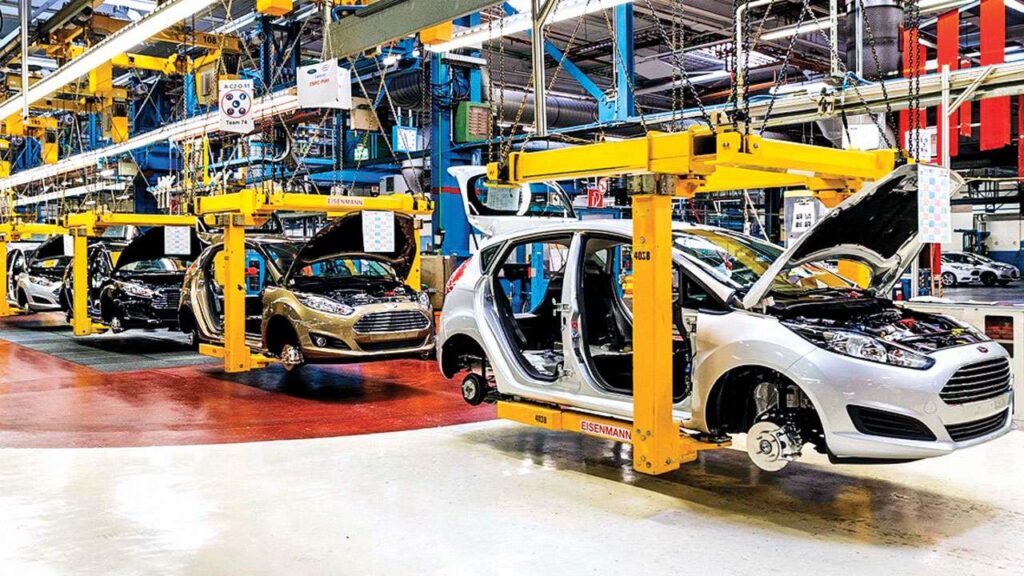
Table of Contents
Automotive Industry in India Overview
Welcome to our first blog post that uncovers the vibrant and rapidly evolving automotive industry in India in 2023. In this article, we will explore the latest trends, technological advancements, and notable developments that are shaping the automotive landscape.
Indian automotive industry is witnessing tremendous growth and transformation in 2023. With a population of over 1.3 billion and a growing middle class, the demand for cars and bikes is on the rise. India has emerged as one of the largest automotive markets globally.
The future predictions state that by 2026, automobile industry will reach a valuation of approx. $300 billion. This positive outlook underscores the immense potential and opportunities awaiting the Indian automotive market in the near future. This promising growth trajectory highlights the immense potential of the Indian automotive market in the near future.
One of the notable trends in the Indian automobile market is the growing preference for fuel-efficient and eco-friendly vehicles. With rising concerns about pollution and environmental sustainability, consumers in India are increasingly opting for electric and hybrid cars.
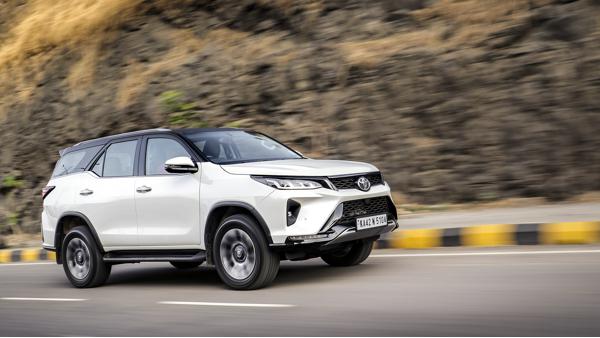
Dominance of SUVs in Automotive Industry in India
- Versatile and Practical: SUVs offer a perfect blend of both, making them well-suited for all Indian road conditions and diverse lifestyles. Spacious interiors, ample storage capacity, and raised seating position provides comfort and convenience for both urban and off-road adventures.
- Safety and Security: SUVs are designed with safety in min robust with build quality, advanced safety features, and superior handling. This makes them a preferred choice for those seeking a secure and protected driving experience. The elevated driving position also provides better visibility, enhancing overall safety on Indian roads. As safety becomes a top priority for car buyers, SUVs offer peace of mind that comes with advanced safety technologies.
- All-Weather Performance: India’s diverse climate and terrain demand vehicles that can handle various road conditions. This all-weather performance makes SUVs attractive to Indian consumers who value adaptability and exploration.
- Status and Prestige: SUVs have gained a reputation for symbolizing prestige and status. With their commanding presence and luxurious features, SUVs appeal to buyers looking to make a statement on the road.

Thriving Two-Wheeler in Automotive Industry
Bikes have always been an integral part of India’s transportation landscape, providing affordable and efficient mobility to millions of people. In 2023, the Indian bike market continues to expand, offering with multiple options to cater to the diverse needs of riders cross the country.
- Commuter-Friendly Models: Commuter bikes remain the backbone of the Indian two-wheeler market. Bikes are best mode of transport in Indian road conditions, low maintenance costs and for their fuel efficiency. In 2023, manufacturers are focusing on performance enhancement, comfort and safety of bikes to meet the evolving demands of riders.
- Performance-Oriented Motorcycles: Growing number of motorcycle enthusiasts and a rise in leisure riding, performance-oriented bikes are gaining popularity in India. These motorcycles offer powerful engines, sporty designs, and advanced features for a thrilling & exciting riding experience.
- Adventure and Off-Road Bikes: Adventure biking and off-road riding have gained popularity among biking enthusiasts in India. Bikes are made to handle rugged terrains, offering freedom and excitement for those seeking thrilling experiences beyond the city streets. Manufacturers are introducing adventure-oriented vehicles with robust builds, advanced suspension, traction control and ABS for better off-road capabilities.
- Digital Connectivity and Features: In line with the digital era, bikes in 2023 are embracing connectivity and smart features. Manufacturers have embraced cutting-edge technology in bikes, incorporating digital instrument clusters, integrated smartphone connectivity, navigation systems, and Bluetooth features. These changes will significantly enhance the overall riding experience, offering improved safety.
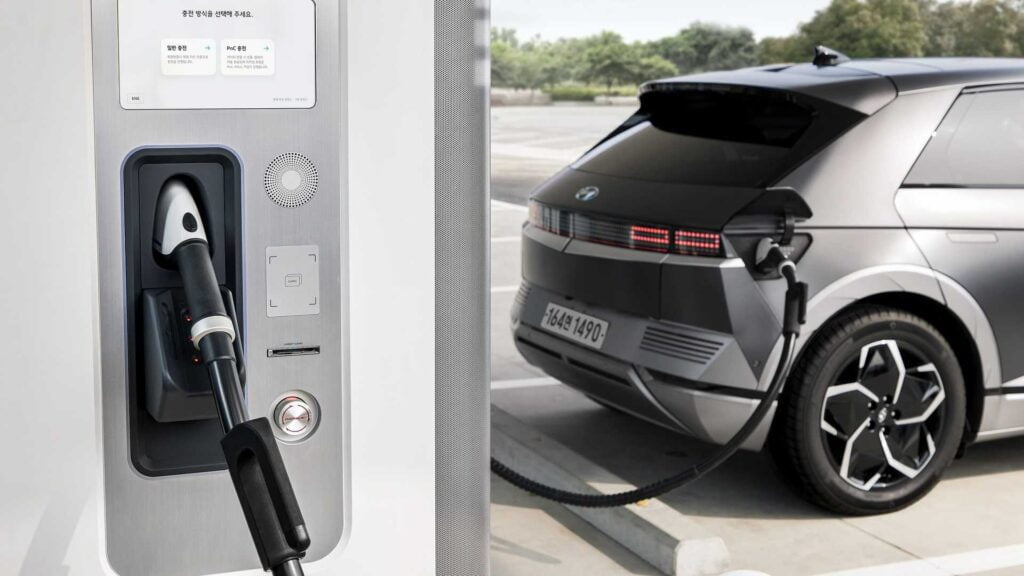
The Rise of Electric Vehicles (EVs) in India
One of the most significant developments in the Indian automotive industry is the increasing popularity of electric vehicles (EVs). Concerning factors like climate change and environmental sustainability grow, Electric vehicles fit better alternative than traditional combustion engine vehicles.
The Indian government has played a crucial role in promoting EVs through favorable policies and incentives. Initiatives like Faster Adoption and Manufacturing of Hybrid & Electric Vehicles (FAME) scheme will benefit to car buys and Indian manufacturers
Few challenges are yet to solved in the widespread adoption of Electric vehicles like new charging stations, improved driving range and low cost maintenance are the ongoing developments in the automotive industry.
The future of automotive industry in India is expected to be heavily influenced by electric vehicles (EV) and the Indian government has set the target to achieve 30% electric vehicle on road by 2030.
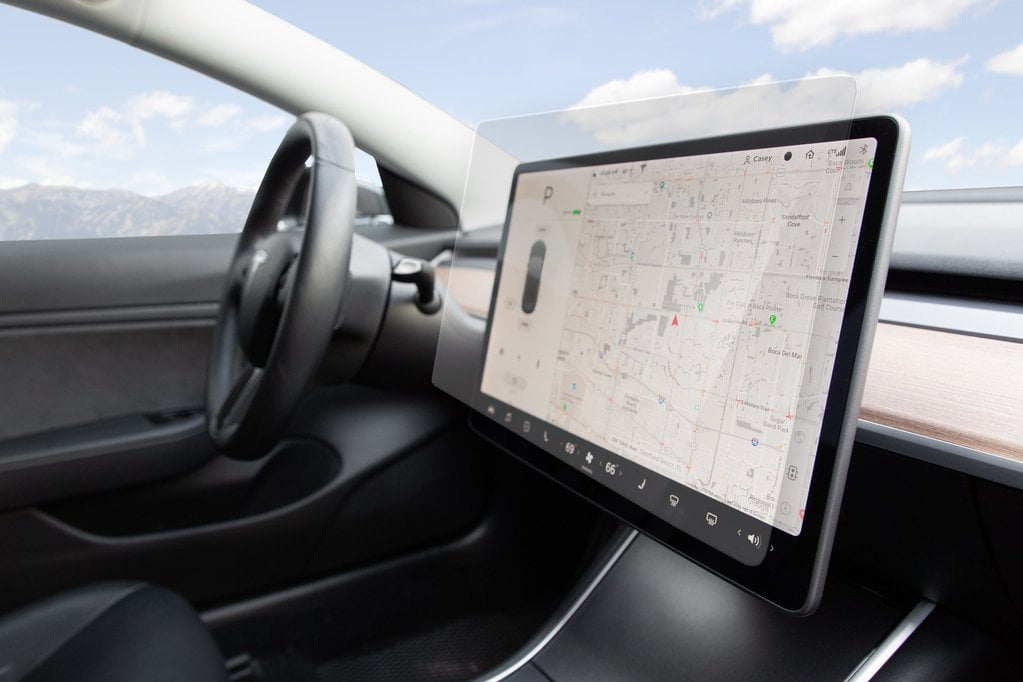
Technological Advancements
The automotive industry in India is witnessing rapid advancements in technology and innovation. Key areas of focus include:
- Connected Car Tech: Cars have become smarter and more connected, providing features like GPS navigation with real-time traffic updates and in-car entertainment systems
- Advanced Safety Systems: Emergency braking, lane departure warning, adaptive cruise control (ADAS) and 360-degree cameras, increase the driver safety and reduce the risk of accidents.
- Sustainable Manufacturing: manufacturers are increasingly adopting sustainable practices, with a focus on eco-friendly materials, energy-efficient manufacturing processes, and recycling initiatives.
These innovations will improve the driving experience and will contribute to a greener and safer transportation ecosystem. As technology continues evolve, the Indian automotive industry will experience more transformations, offering exciting possibilities and shaping the way we travel for years to come
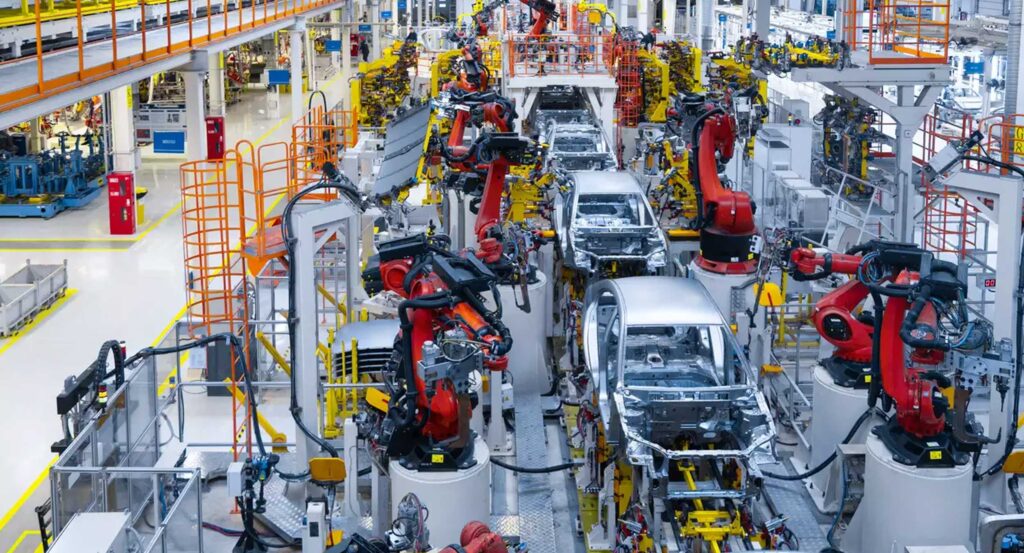
Future of Indian Automotive Industry
The future of the Indian automotive industry is brimming with possibilities. As the industry embraces electric mobility, we can expect to see more innovative and sustainable vehicles on the roads.
Car companies are investing in research & development to create electric vehicles with longer range, faster charging, and more affordable prices. Moreover, the focus on connected and autonomous vehicles will grow rapidly, and will transform the way we travel, with increasing consumer awareness and evolving preferences, the Indian automotive industry will continue to adapt and thrive, catering to the diverse needs of the Indian consumers.
Indian roads will witness cleaner and smarter vehicles, providing enhanced safety, connectivity, and convenience for drivers and riders. The automotive industry will see a revolutionary change which will help in sustainable transportation and will elevate the overall driving and riding experience of Indian consumers.
Conclusion
Indian automotive industry will experience significant growth and evolve in technology, with the increase in disposable incomes, increasing demand for eco-friendly vehicles, and the requirement of new technologies, the future of automobile in India looks very promising. Car manufacturers like Maruti Suzuki, Hyundai, Tata Motors, Mahindra & Mahindra, Toyota, Honda, Volkswagen and Skoda are playing a vital role in shaping the future of automotive industry.
Also Read: India’s move towards E20 Fuel by 2025: Is it beneficial ?


